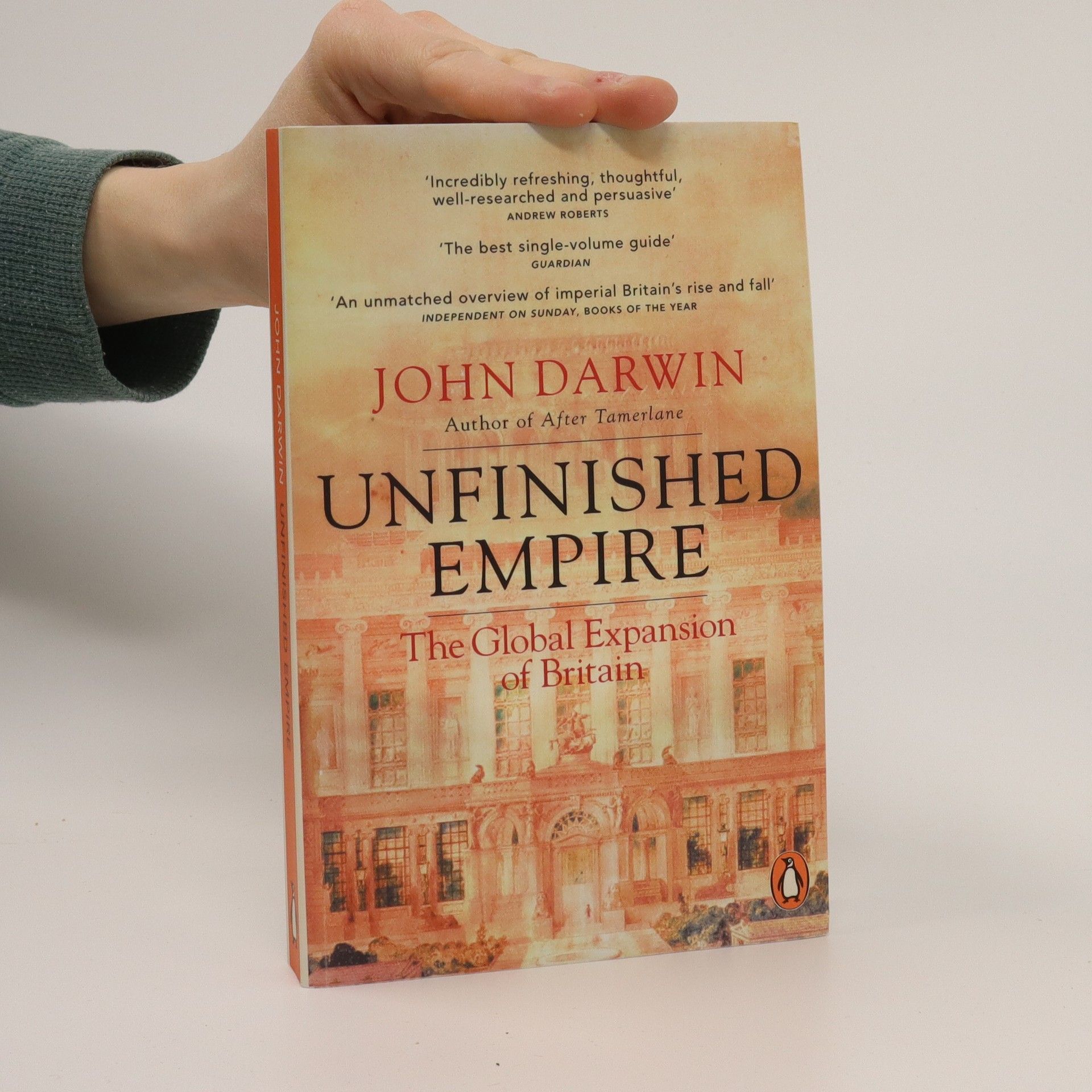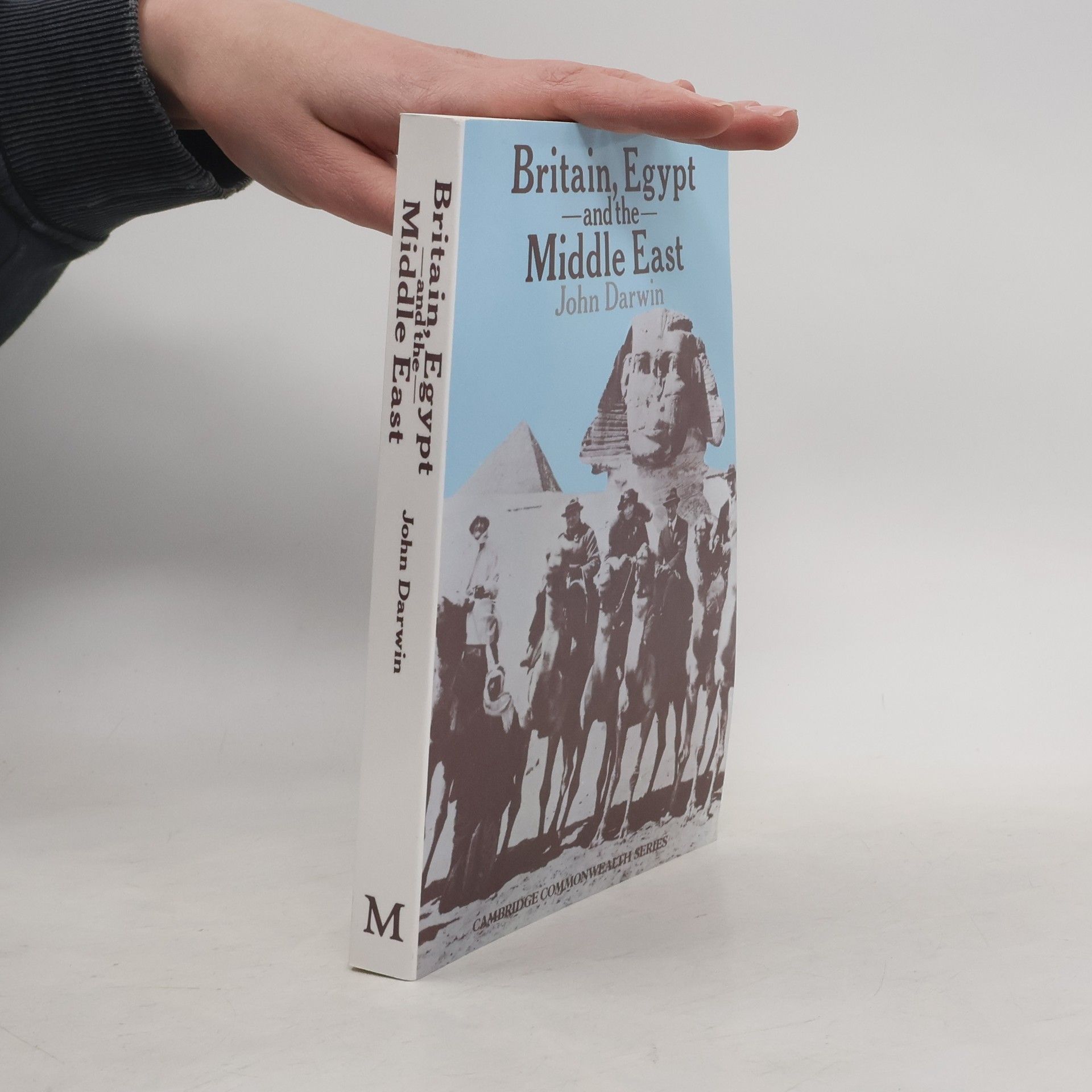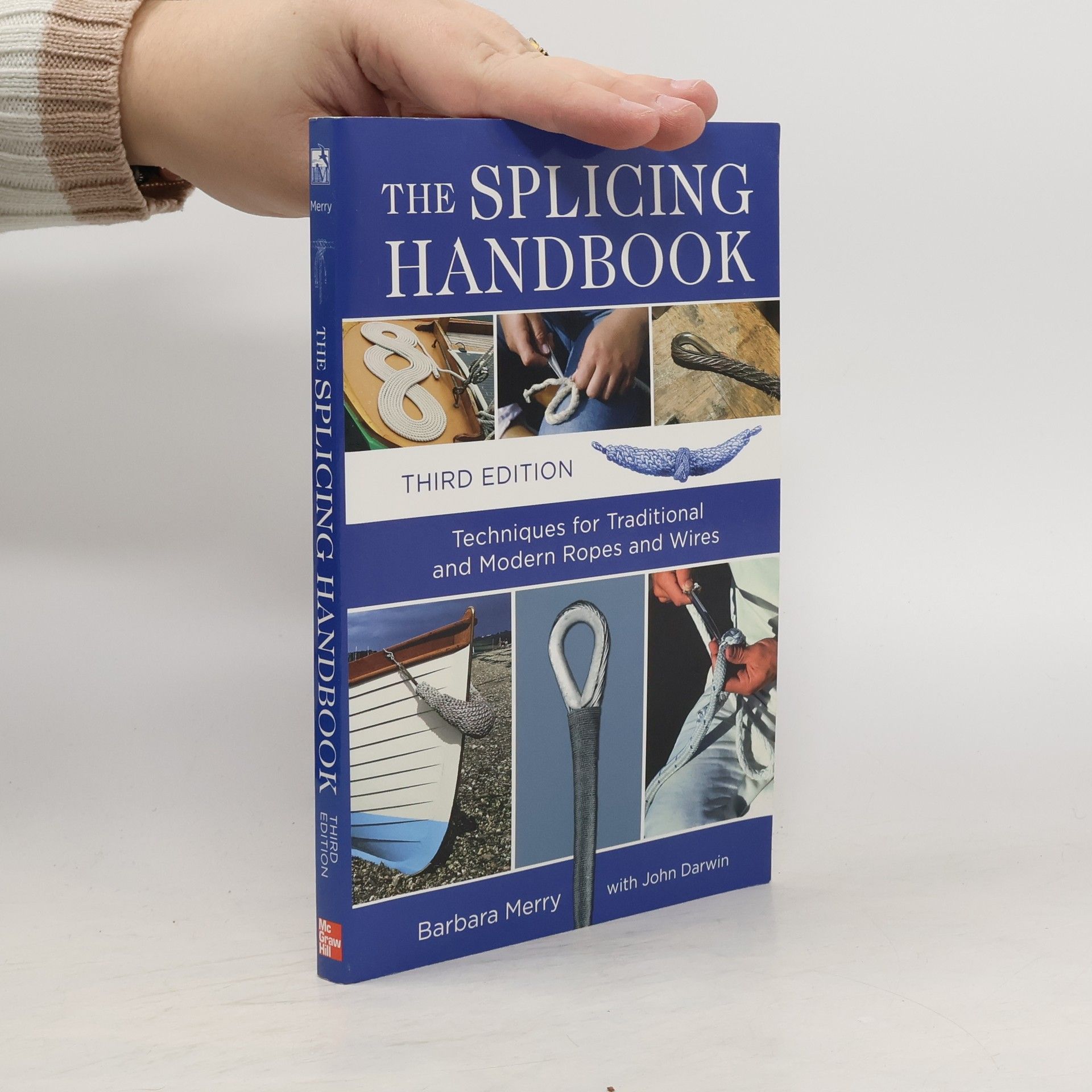Das unvollendete Weltreich
Aufstieg und Niedergang des Britischen Empire 1600–1997
Englische Piraten in der Karibik, »Rotröcke« in den nordamerikanischen Kolonien, reiche Nabobs in Indien, fromme Missionare in Afrika, ans Ende der Welt verbannte Sträflinge in Australien, Marinesoldaten auf den Schiffen der Royal Navy – auch auf ihren Schultern ruhte das Weltreich, das Großbritannien ab dem 17. Jahrhundert im Dienste Ihrer Majestät errichtete. Auf seinem Höhepunkt um 1900 umfasste dieses riesige Gebilde ein Viertel der Menschen und der Landmasse der Erde. Doch wie gelang es den Briten überhaupt, ihr Empire aufzubauen? Wie beherrschten und verteidigten sie es fast 400 Jahre lang? Warum zerbrach es ausgerechnet im 20. Jahrhundert? Und was können andere Imperien daraus lernen? Der Oxforder Historiker John Darwin, einer der besten Kenner der Geschichte des British Empire, zeigt in diesem Standardwerk, warum sich dieses Weltreich so weit ausdehnen und so lange halten konnte – organisierte Gewalt, so seine These, habe zur Herausbildung einer Identität und zu dessen »Erfolgsgeschichte« wesentlich beigetragen.





